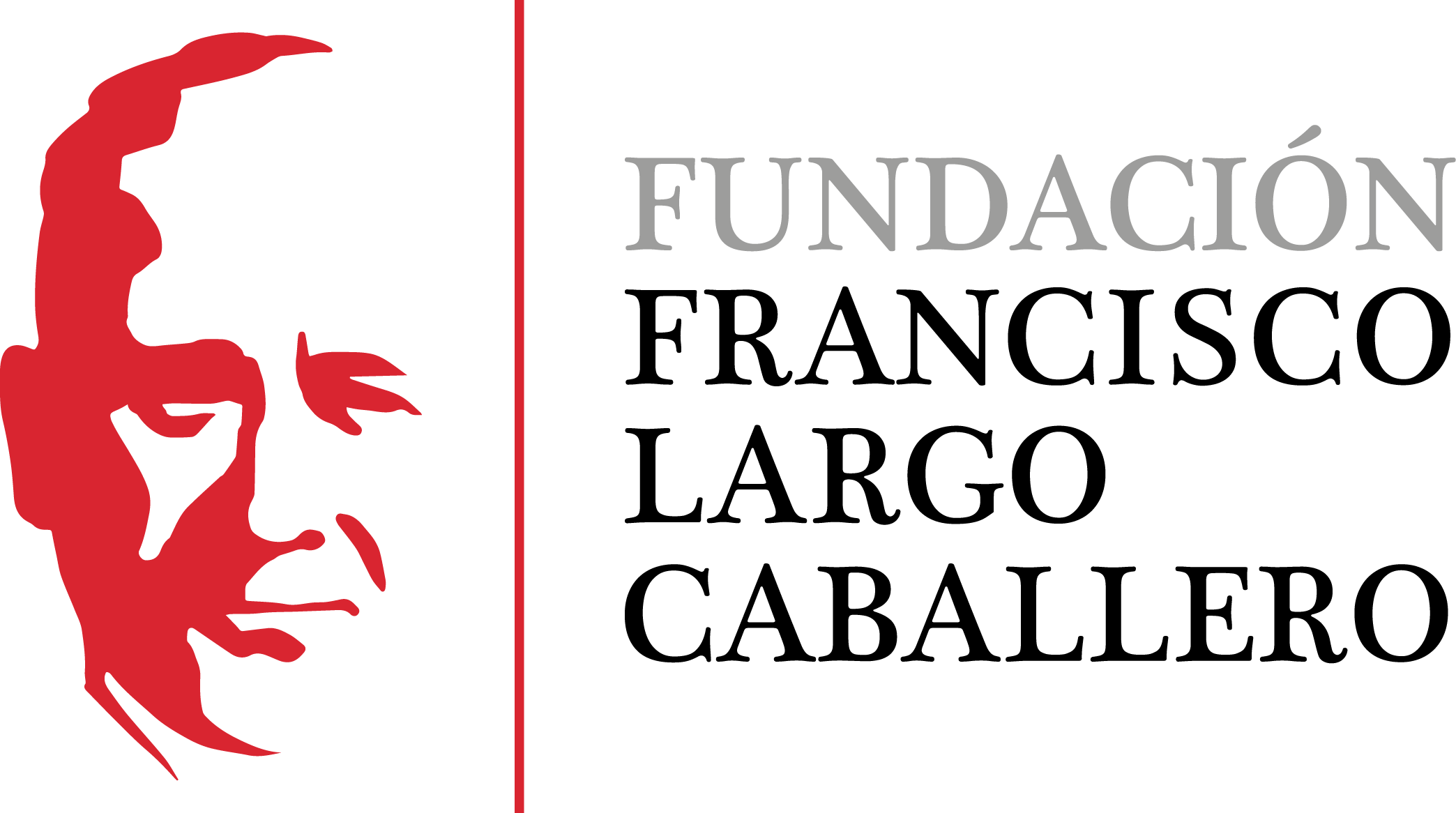The Russian Communist Party and the use of Cold War narratives during the «Special Military Operation»
DOI:
https://doi.org/10.69791/rahc.49Keywords:
Cold War, Communist Party of the Russian Federation, narratives, Ukraine, Western BlockAbstract
The following article addresses the existence of ideas coming from the Cold War present in the current discourses of the Communist Party of the Russian Federation. This series of narratives have been part of the political formation since its birth, but the conflict in Ukraine has enhanced the use of strategies and convictions that had already been part of the modus operandi of the Communist Party of the Soviet Union in the years of its struggle with the United States and the Western Bloc.
Downloads
Global Statistics ℹ️
|
324
Views
|
310
Downloads
|
|
634
Total
|
|
References
Andronatiy, D.: «Razvitie kommunisticheskoy partii Rossiyskoy Federatsii v usloviyax rosta levyjh nastroeniy», Naychnoe soobshchestvo studentoe XXI stoletiya. Obshchestvennye nauky, n.º 4 (2018), pp. 26-31.
Antoniuk, Y.: «Stepan Bandera´s safeguards: achievements and defeats (1945-1959)», Sjhibhoevropeys´kiy istoriyniy Visnik, n.º 9 (2018), pp. 108-118. DOI: https://doi.org/10.24919/2519-058x.9.150352
Diligensky, Guerman y Chugrov, Sergei: «The West» in Russian Mentality, Brussels, Office for Information and Press, Moscow, Institute of World Economy and International Relations, 2000.
Faraldo, J. M.ª: El nacionalismo ruso moderno, Madrid, Báltica Editorial, 2020.
Faraldo, J. M.ª: «El renacer del nacionalismo ruso (1968-1991)», Papeles del Este, vol. 2, n.º 3, (2002), pp. 1-33.
Iliev, A., Ivanova, E. y Petreski, D.: «USSR-China relations in the Cold and post Cold war era», Wulfenia Journal, vol. 22, n.º 3 (2015), pp. 313-326.
Ishiyama, J.: «Party organization and the political success of the communist successor parties», Social Science Quarterly, vol 82, n.º4 (2001), pp. 844-862. DOI: https://doi.org/10.1111/0038-4941.00063
Johnson, M. R.: «Russian Nationalism and Eurasianism: The Ideology of Russian Regional Power and the Rejection of Western Values», Center for Syncretic Studies, vol. 2 (2014), pp. 1-83.
Kandyba, R.: «Evoliutsiya partiy levoy chasti politicheskogo spektra v Rossiyskoy Federatsii», Universitetskie chteniya (2016).
Katchanovski, I.: «The Organization of Ukrainian Nationalists, the Ukrainian Insurgent Army, and the Nazi Genocide in Ukraine», en Simon Wiesenthal Conference, 2013, pp. 1-43.
Kozyrev, M.: «Sotsial´noe polozhenie ‘levoy’ kontrelity v sovremennoy Rossii (na materialajh publikatsiy predstaviteley Kommunisticheskoy partii Rossiyskoy Federatsii)», Sotsial’naia politika i sotsiologiya, tom. 18, n.º 130 (2019).
Kuzio, T. y D’Anieri, P.: «The Soviet Origins of Russian Hybrid Warfare», en T.
Kuzio y P. D’Anieri, The sources of Russia´s Great Power Politics: Ukraine and the Challenge of the European Order, Bristol, E-International Relations, 2018, pp. 1-24.
Lassila, J. y Nizhnikau, R.: «Communist parties in Russia, Ukraine and Moldova: Struggling with popular demands», Finish Institute of International Affairs, n.º 248 (2018), pp. 3-8.
Lebedev, I.: «Ideologicheskiy faktor v partiynom stroitel´stve rossiyskoy federatsii v 1992-2003 godajh», Izvestiya Rossiyskogo gosudarstvennogo pedagogicheskogo universiteta, vol. 7, n.º 21 (2006), pp. 71-77.
Maloa, J. M.: «O lugar do marxismo em Moçambique: 1975-1994», Revista Espaço Académico, n.º 122 (2011), pp. 86-92.
Martínez, P.: «De amigos a enemigos: las políticas nacionales bolcheviques en la Ucrania soviética y el juicio en Járkov de 1930» en S. Suárez y E. Quero (eds.), Entender Ucrania… en su contexto geopolítico, Granada, Universidad de Granada, 2023.
Petrova, M.: «Kul’turnyy fenomen nostal’gii po CCCP na rossiskom televidenii », Yaroslavskiy Pedagodicheskiy Vestnik, n.º 1, tom. 1 (2005), pp. 51-55.
Pizzolo, P.: Eurasianism: An ideology for the multipolar world, Lexington, Lexington Books, 2020. DOI: https://doi.org/10.5771/9781793604804
Poe, Marshall: «Moscow, the Third Rome: The Origins and Transformations of a «Pivotal Moment»», Jahrbücher für Geschichte Osteuropas, n.º 3 (2001), pp. 1-26.
Rekść, M.: «Nostalgia for communism in the collective imaginations», Procedia-Social and behavioral sciences, vol. 183 (2015), pp. 105-114. DOI: https://doi.org/10.1016/j.sbspro.2015.04.852
Rossolinski-Liebe, G.: Stepan Bandera: The life and afterlife of a Ukrainian nationalist, Stuttgart, Ibidem Verlag, 2018.
Rowley, D.: Russian Nationalism and the Cold War, The American Historical Review, vol. 99, n.º1 (1994), pp. 155-171. DOI: https://doi.org/10.2307/2166166
Seixas, X. M.: Volver a Stalingrado: el frente del este en la memoria europea, 1945-2021, Barcelona, Galaxia Gutenberg, 2022.
Sheikh, A. T.: The ideological foundations of Soviet third world policy: A study of Brezhnev era (1964-82), Strategic Studies, vol. 8, n.º 2 (1985), pp. 53-69.
Snyder, T.: The Reconstruction of Nations: Poland, Ukraine, Lithuania, Belarus, 1569-1999, Yale, Yale University Press, 2002.
Suny, R. G.: «The contradictions of identity: being Soviet and national in the USSR and after», en M. Bassin y C. Kelly (eds.), Soviet and post-Soviet identities, Cambridge, Cambridge University Press, 2012, pp. 17-36. DOI: https://doi.org/10.1017/CBO9780511894732.003
Wegren, S.: «The communist party of Russia: rural support and implications for the party system», Party Politics, vol. 10, n.º5 (2004), pp. 1-28. DOI: https://doi.org/10.1177/1354068804045388
White, S.: «Soviet nostalgia and Russian politics», Journal of Eurasian studies, vol. 1, n.º 1 (2010), pp. 1-9. DOI: https://doi.org/10.1016/j.euras.2009.11.003
Downloads
Published
How to Cite
Issue
Section
License
Copyright (c) 2024 Pablo Martínez Sánchez

This work is licensed under a Creative Commons Attribution 4.0 International License.
Alcores is an open-access journal. It provides unrestricted access to its content from the moment of publication. We respect intellectual property rights, and for this reason, the author retains the copyright. All content is distributed under a Creative Commons Attribution 4.0 International (CC BY 4.0) license. The terms of the license can be consulted at: https://creativecommons.org/licenses/by/4.0/
This license allows sharing (copying and redistributing the material in any medium or format) and adapting (remixing, transforming, and building upon the material for any purpose), provided that authorship and first publication in this journal are properly credited, a link to the license is included, and any changes made are indicated.
This type of license facilitates the freedom of reuse and ensures that the content of this journal can be used to meet research needs.





